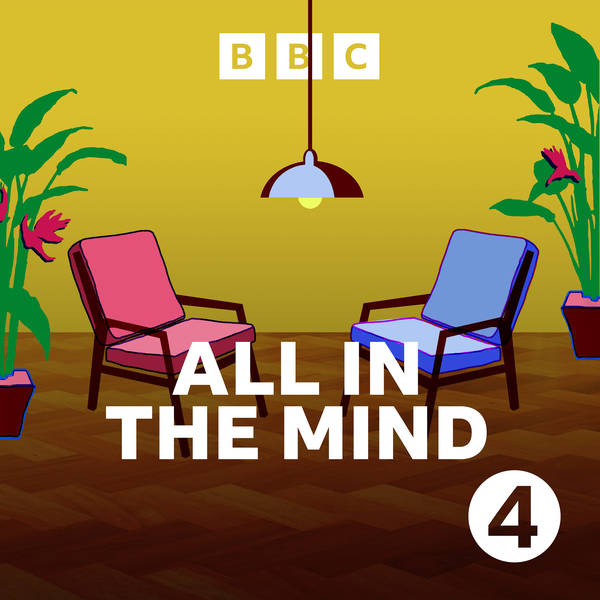
CBT for psychosis; US elections and mental health
First CBT Psychosis Trial in the Absence of Medication
Antipsychotic medication has long been seen as the first line of treatment for psychosis. In fact, prescriptions are increasing in the UK and around the world. But there's criticism that the effectiveness of these drugs has been over-estimated, and the serious side effects, underestimated.
Now, in the first trial of its kind in the world, treating psychosis when people aren't taking antipsychotics using a talking therapy, Cognitive Behavioural Therapy, or CBT, is being measured in a randomised controlled trial.
It is the first time since the 1970s that a psychological treatment, in the absence of medication, has been put to the test, and the results of this experiment have the potential to transform the treatment options for the many people who have diagnoses of schizophrenia and related disorders.
The trial's being run jointly by Manchester University and Greater Manchester West Mental Health Foundation Trust, and Tony Morrison, Professor of Clinical Psychology at the University of Manchester, is leading the research along with colleagues in the North East of England.
He tells Claudia Hammond that patients should be given more choice about the treatments they're offered instead of medication being the default option.
Trial participants, Natalie and Steve, describe their experience of psychosis and the treatments that have helped them and the Editor of the British Journal of Psychiatry, Peter Tyrer, puts the trial into context.
US Elections and Mental Health
Sixteen per cent of the American population don't have health care insurance and people with mental health problems are over-represented in this group. Daniel Carlat is Professor of Psychiatry at Tufts School of Medicine and he describes to Claudia how insurance companies are reluctant to fund mental health care.
Producer: Fiona Hill.
